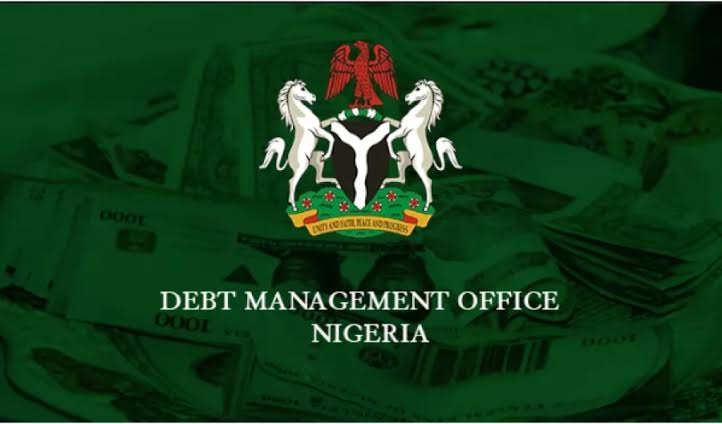Nigeria’s total public debt was N121.67 trillion ($91.46 billion) at the end of March this year.
The Debt Management Office (DMO) announced last night that the amount included the total domestic and external debts of the Federal Government of Nigeria (FGN), the 36 state governments, and the Federal Capital Territory (FCT).
The comparison amount for December 31, 2023 is N97.34 trillion (USD108.23 billion). Total domestic debt was N65.65 trillion (USD46.29 billion), and total external debt was N56.02 trillion (USD42.12 billion).

Excluding Naira exchange rate fluctuations in Q1 2024, the Domestic Debt component of Total Public Debt increased from N59.12 trillion on December 31, 2023 to N65.65 trillion on March 31, 2024.
The rise was due to fresh borrowing to partially cover the 2024 budget deficit and the securitization of a portion of the N7.3 trillion Ways and Means Advances at the Central Bank of Nigeria.
The government stated that it will continue to borrow as authorised by the 2024 Appropriation Act, but expressed optimism that revenue increases would improve debt sustainability.
Why this matters
A large debt requires significant resources to pay interest and principal. This can divert funds from other crucial areas like education, healthcare, and infrastructure development.
High debt makes the country more susceptible to economic shocks like rising interest rates or a decline in oil revenue (a major source of income for Nigeria).
Final Thought
The government’s optimism about revenue increases needs to be backed by a concrete strategy and transparency in how borrowed funds are used is important.

















